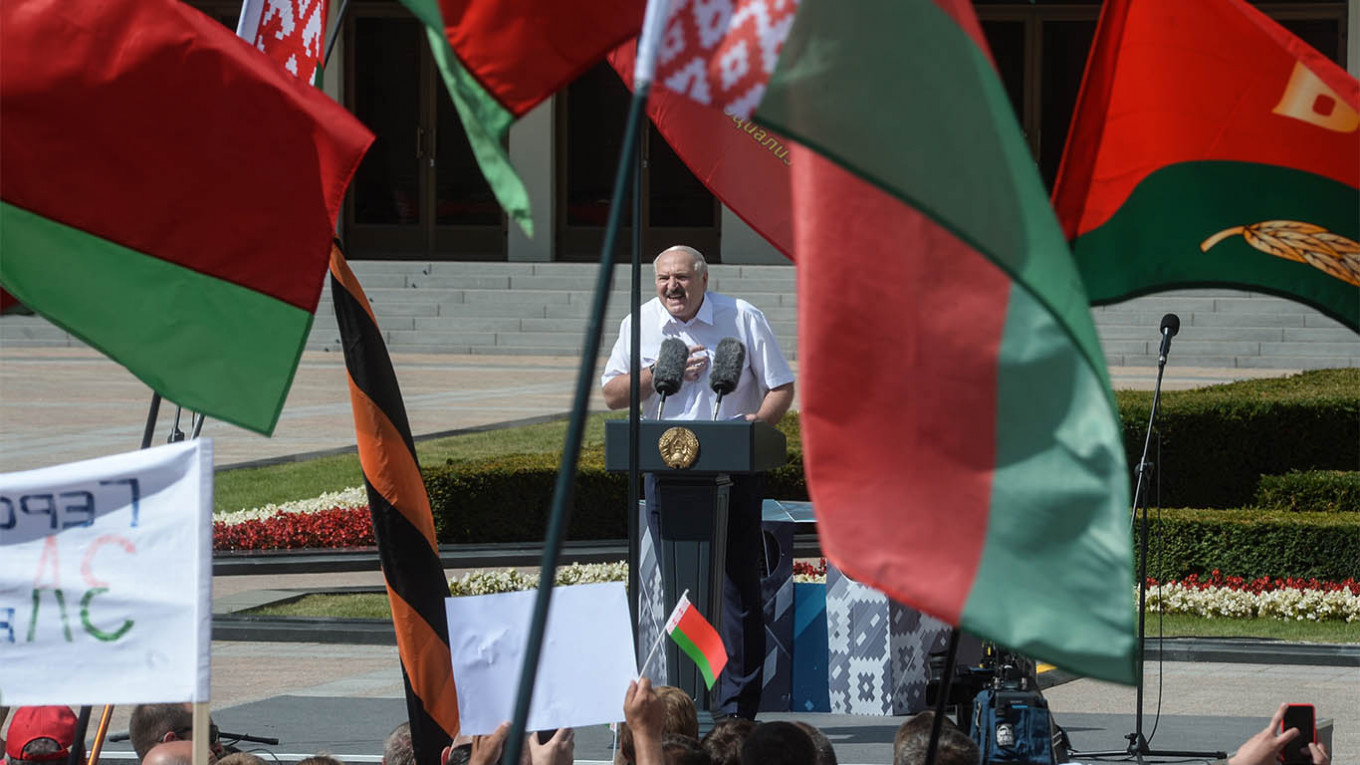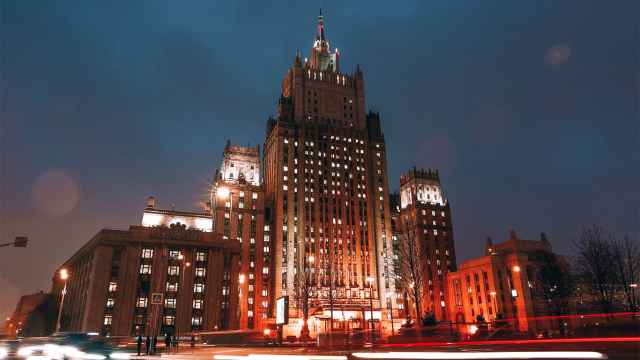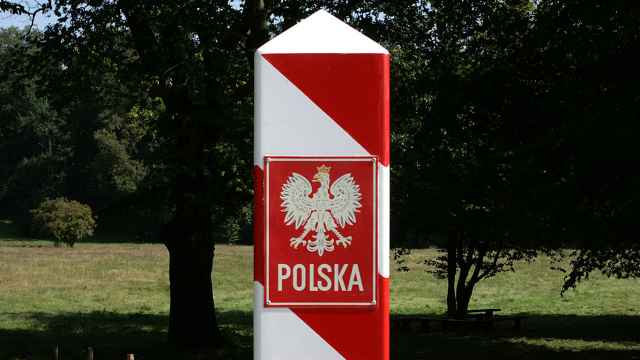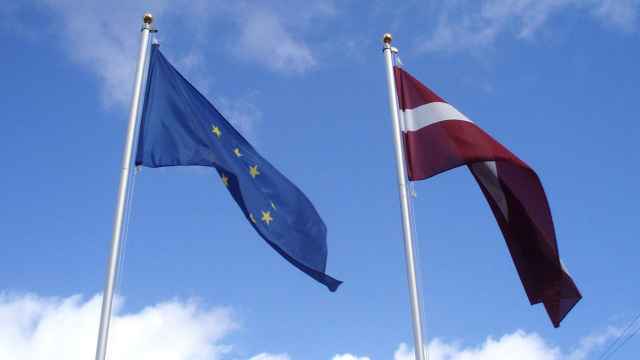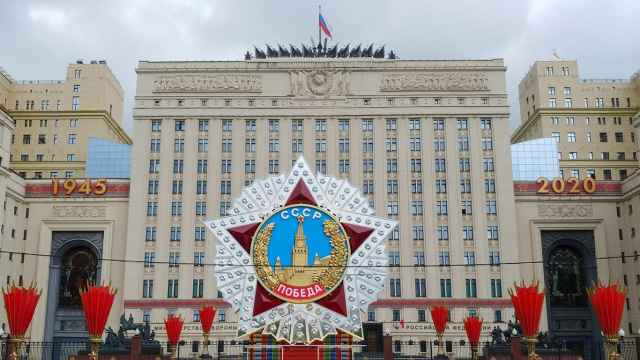Estonia, Latvia and Lithuania on Monday blacklisted embattled Belarusian President Alexander Lukashenko and 29 other high-ranking officials over alleged election fraud and a crackdown on pro-democracy protesters.
The Baltic EU members announced their sanctions in a coordinated effort to support the protests in Belarus, which are now entering a fourth week since the country's disputed presidential election on August 9.
"We are sending the message that we need to do more than just issue statements, we must also take concrete action," Lithuania's Foreign Minister Linas Linkevicius told AFP.
Lukashenko aside, the national blacklists also feature 29 officials including from the election commission, ministries and law-enforcement bodies. Linkevicius said the lists may be expanded in the near future.
His Estonian counterpart Urmas Reinsalu said the Baltic states were "demonstrating that we are addressing the human rights violations in Belarus with utmost seriousness".
The European Union is also mulling travel bans and asset freezes on around 20 Belarus officials but the list requires the approval of all 27 EU states.
Some Western EU members say sanctioning Lukashenko could hamper efforts to broker dialogue between the authorities and the opposition and push him into Russia's arms.
Formerly occupied by the Soviet Union, the Baltic states are all now in the eurozone. Latvia and Lithuania have borders with Belarus.
Lithuania, which has taken a lead in European diplomacy on Belarus, is giving refuge to Belarusian opposition challenger Svetlana Tikhanovskaya.
A Message from The Moscow Times:
Dear readers,
We are facing unprecedented challenges. Russia's Prosecutor General's Office has designated The Moscow Times as an "undesirable" organization, criminalizing our work and putting our staff at risk of prosecution. This follows our earlier unjust labeling as a "foreign agent."
These actions are direct attempts to silence independent journalism in Russia. The authorities claim our work "discredits the decisions of the Russian leadership." We see things differently: we strive to provide accurate, unbiased reporting on Russia.
We, the journalists of The Moscow Times, refuse to be silenced. But to continue our work, we need your help.
Your support, no matter how small, makes a world of difference. If you can, please support us monthly starting from just $2. It's quick to set up, and every contribution makes a significant impact.
By supporting The Moscow Times, you're defending open, independent journalism in the face of repression. Thank you for standing with us.
Remind me later.


